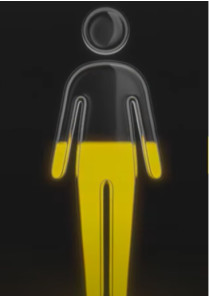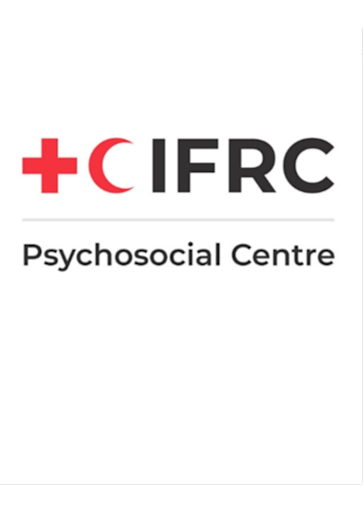To strengthen the capacity of volunteers and staff to:
- Understand the roots of vaccination hesitancy
- Provide psychological first aid (PFA) to those expressing doubts
- Support individuals in a respectful and empathetic way
- Address misinformation using simple communication strategies
__Background__
This training is an adaptation of the original COVID-19 vaccine hesitancy training developed by the Red Cross and Red Crescent Movement Hub.
Given the increasing outbreaks of vaccine-preventable diseases across the region over the years, especially diseases such as measles, and with vaccine hesitancy being one of the main contributing factors, there has been a clear need to adapt and expand existing resources.
This updated version builds on the original materials developed during the COVID-19 pandemic and has been revised to apply to all types of vaccination hesitancy. The slides and facilitator notes have been updated, and scripted role plays have been added to support participatory learning.
National Societies are encouraged to tailor the content and examples to their local context and language.
Given the psychological and emotional nature of vaccine hesitancy, including cognitive, behavioral, and social components, this training promotes a psychosocial approach grounded in empathy, trust-building, and practical support.
To strengthen the capacity of volunteers and staff to:
- Understand the roots of vaccination hesitancy
- Provide psychological first aid (PFA) to those expressing doubts
- Support individuals in a respectful and empathetic way
- Address misinformation using simple communication strategies
Background
This training is an adaptation of the original COVID-19 vaccine hesitancy training developed by the Red Cross and Red Crescent Movement Hub.
Given the increasing outbreaks of vaccine-preventable diseases across the region over the years, especially diseases such as measles, and with vaccine hesitancy being one of the main contributing factors, there has been a clear need to adapt and expand existing resources.
This updated version builds on the original materials developed during the COVID-19 pandemic and has been revised to apply to all types of vaccination hesitancy. The slides and facilitator notes have been updated, and scripted role plays have been added to support participatory learning.
National Societies are encouraged to tailor the content and examples to their local context and language.
Given the psychological and emotional nature of vaccine hesitancy, including cognitive, behavioral, and social components, this training promotes a psychosocial approach grounded in empathy, trust-building, and practical support.

